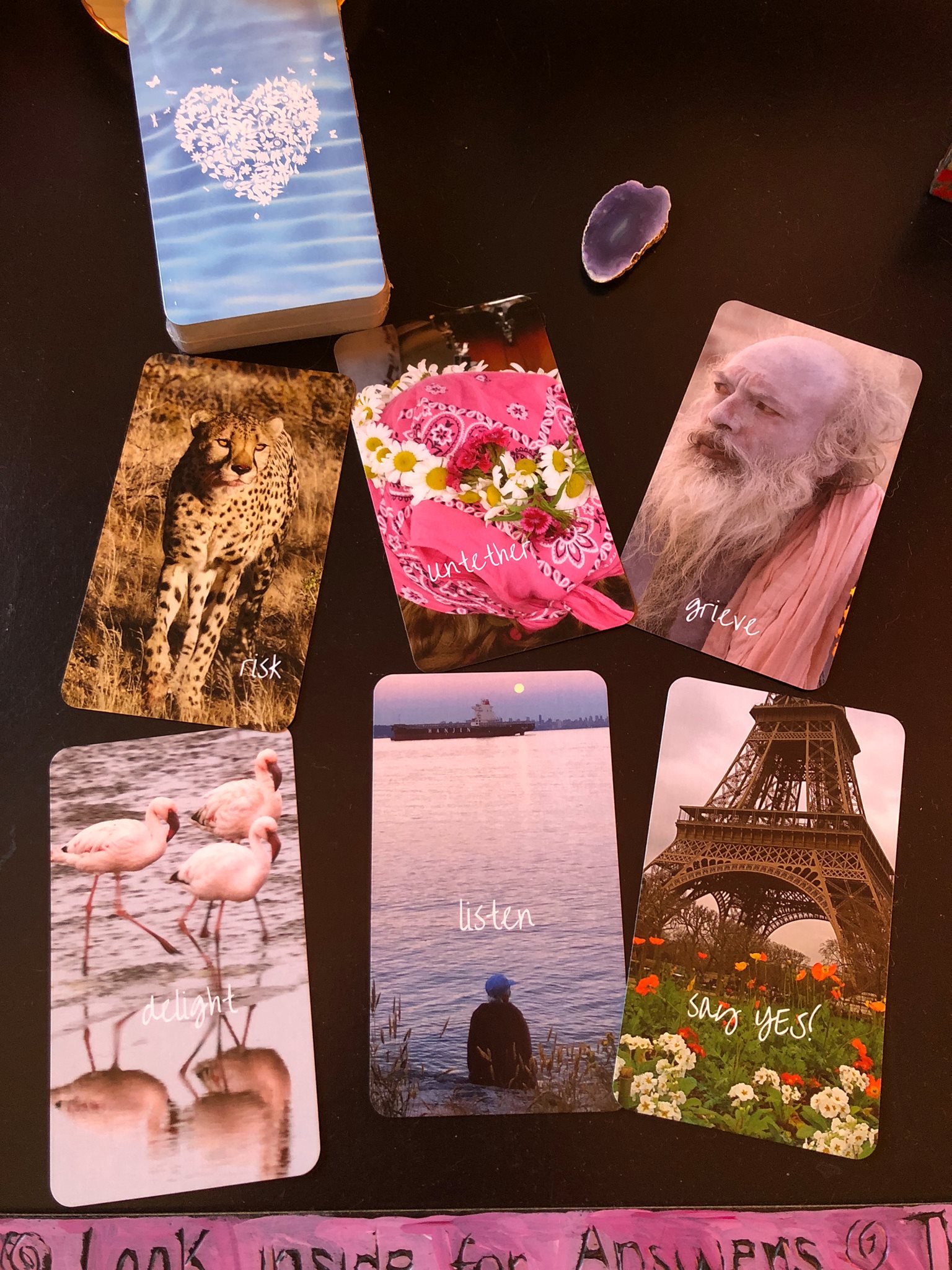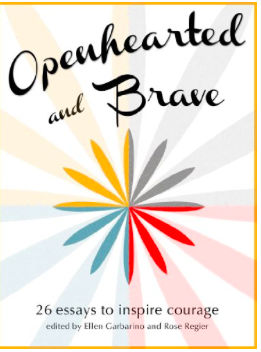Have mercy on me, God, in your goodness; in your abundant compassion blot out my offense.
Wash away all my guilt; from my sin cleanse me.
For I know my offense; my sin is always before me.
Against you alone have I sinned;
I have done such evil in your sight
That you are just in your sentence,
blameless when you condemn.
True, I was born guilty, a sinner,
even as my mother conceived me.
Still, you insist on sincerity of heart;
in my inmost being teach me wisdom.
Cleanse me with hyssop, that I may be pure;
wash me, make me whiter than snow.
Let me hear sounds of joy and gladness;
let the bones you have crushed rejoice.
Turn away your face from my sins;
blot out all my guilt.
A clean heart create for me, God;
renew in me a steadfast spirit.
Do not drive me from your presence,
nor take from me your holy spirit.
Restore my joy in your salvation;
sustain in me a willing spirit.
-Psalm 51: 3-14

Well, I have to say this week’s Lent readings from
Abbey of the Arts are tapping into my fury at a God of judgment and condemnation. My early personal story contains a history of God principally being defined by fear and rarely offering unconditional love. I also struggle with the notion of being
“sinner(s) even as (our) mother(s) conceived (us).”Today I wonder about the Psalmist and consider perhaps he wrote from his own inner voice of condemnation – passing the buck to God as the One who blames us for sin. For most human beings, it’s much easier to blame outside circumstances or other people rather than look inside and hold our own responsibility. Personally, I would prefer to “blame” myself rather than worship a vengeful God who creates sinners by design.
I’m much more inclined to start with Genesis 1:31 and hear the resounding, “it was very good” than “...born guilty, a sinner, even as my mother conceived me.” Where does the latter fit with “it was very good”?
 Lest you think I believe everything is sweet hearts and rosy flowers, I know it is true that we “sin.” We turn away from God. We turn away from ourselves. We turn away from others. The cloak of darkness shrouds us tighter and tighter, especially when we listen to those voices of condemnation and evil. We move toward hate – hating ourselves and thus hating others. I cannot reconcile the discrepancy (and ensuing theological debate) between Genesis and this Psalm other than to consider it as man’s influence in the writing. Perchance he writes from a mind riddled with guilt, thus momentarily forgetting the goodness and light I believe resides in each of us.
Lest you think I believe everything is sweet hearts and rosy flowers, I know it is true that we “sin.” We turn away from God. We turn away from ourselves. We turn away from others. The cloak of darkness shrouds us tighter and tighter, especially when we listen to those voices of condemnation and evil. We move toward hate – hating ourselves and thus hating others. I cannot reconcile the discrepancy (and ensuing theological debate) between Genesis and this Psalm other than to consider it as man’s influence in the writing. Perchance he writes from a mind riddled with guilt, thus momentarily forgetting the goodness and light I believe resides in each of us.
This Lenten season, my turning is toward God – toward my inner most self – the one who shows mercy and compassion. If I truly forgive myself knowing all that I have done wrong and felt and been, how can I not forgive others? How can I not find rest and have my joy restored?
By being more compassionate toward myself and thus others, I move toward God. We are all created with a Divine spark – perhaps it is hidden in the clean heart this Psalmist begs for.
I'ao Valley River © lucy
Maui graffiti © lucy
 Monday, March 22, 2010 at 8:04 AM
Monday, March 22, 2010 at 8:04 AM 








